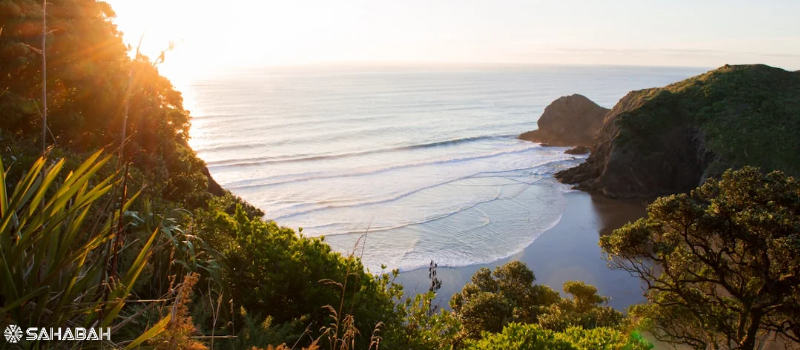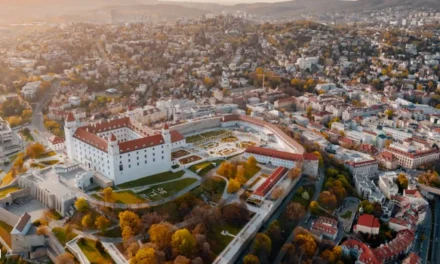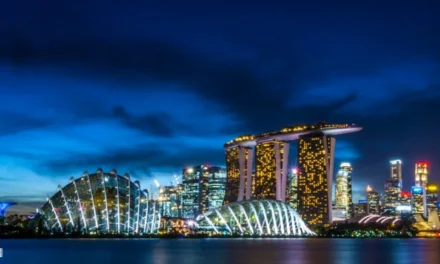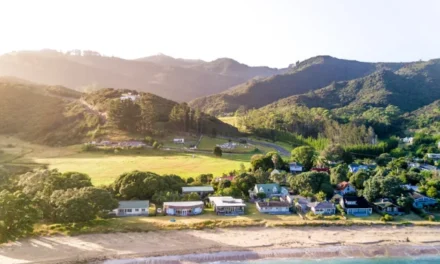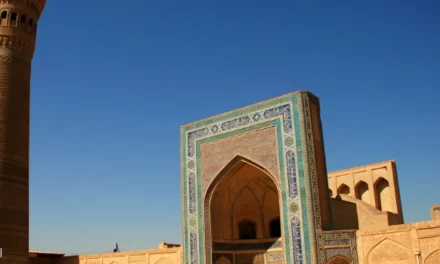The relationship between New Zealand and Israel is complex and multidimensional, shaped by historical ties, political considerations, and evolving global dynamics. This comprehensive article delves into the intricate nature of New Zealand’s support for Israel, shedding light on various aspects of their bilateral relations.
Historical Overview of New Zealand-Israel Relations
New Zealand and Israel established diplomatic relations in 1949, shortly after Israel’s founding. Over the decades, their relationship has witnessed several milestones and shifts in political stances. Key events that have influenced their ties include:
- New Zealand’s recognition of Israel in 1949
- The 1973 Yom Kippur War, which strained relations temporarily
- New Zealand’s support for the Oslo Accords in the 1990s
- Ongoing debates surrounding the Israeli-Palestinian conflict
Despite these fluctuations, the two nations have maintained diplomatic channels and explored areas of cooperation.
New Zealand’s Stance on the Israeli-Palestinian Conflict
New Zealand has consistently advocated for a two-state solution to the Israeli-Palestinian conflict, supporting the establishment of an independent Palestinian state alongside a secure Israel. However, the country has also criticized Israeli settlements in the occupied Palestinian territories, viewing them as a significant obstacle to peace.
In recent years, New Zealand has called on Israel to respect international law and has expressed concern over the humanitarian situation in Gaza. The country has also provided humanitarian aid to Palestinians in the occupied territories.
Trade and Economic Ties between New Zealand and Israel
Despite political differences, New Zealand and Israel have maintained strong economic ties. Bilateral trade agreements and partnerships have facilitated cooperation in various sectors, including:
- Agriculture and food technology
- Innovation and technology
- Research and development
However, there have been instances where economic relations have been impacted by political tensions, such as the temporary suspension of high-level visits or trade negotiations.
Cultural and Academic Exchanges
New Zealand and Israel have fostered cultural and academic exchanges, promoting mutual understanding and collaboration. These initiatives include:
- Educational partnerships and student exchange programs
- Research collaborations between universities and institutions
- Cultural events and exhibitions showcasing the rich heritage of both nations
These people-to-people connections have played a crucial role in strengthening the relationship between the two countries.
New Zealand’s Voting Record at the United Nations
New Zealand’s voting record at the United Nations on Israel-related resolutions has been a subject of scrutiny and debate. The country has often taken a balanced approach, supporting resolutions that promote peace and human rights while also criticizing actions that undermine the peace process.
Factors influencing New Zealand’s voting decisions include:
- Adherence to international law and human rights principles
- Commitment to a two-state solution
- Domestic political considerations and public opinion
New Zealand’s voting patterns have sometimes been perceived as supportive of Israel and at other times as critical of its policies, reflecting the nuanced nature of the relationship.
Public Opinion and Domestic Debates
Within New Zealand, public opinion on the Israeli-Palestinian conflict is diverse, with various advocacy groups and lobbying efforts influencing the discourse. Debates and controversies have arisen surrounding New Zealand’s stance, with some calling for stronger support for Palestinian rights and others advocating for closer ties with Israel.
These domestic debates have shaped New Zealand’s foreign policy decisions and highlighted the complexities of navigating the Israeli-Palestinian conflict while balancing national interests and international obligations.
Future Prospects and Challenges
As the Israeli-Palestinian conflict continues to evolve, New Zealand’s relationship with Israel faces both opportunities and challenges. Potential areas for deepening cooperation include:
- Expanding economic and trade partnerships
- Collaborating on environmental and sustainability initiatives
- Promoting cultural and educational exchanges
However, contentious issues such as settlements, human rights concerns, and the stalled peace process remain significant challenges. Finding common ground and addressing these issues through diplomatic channels will be crucial for the future of New Zealand-Israel relations.
Conclusion: A Nuanced and Evolving Relationship
In conclusion, the relationship between New Zealand and Israel is multifaceted and nuanced, shaped by historical ties, political considerations, and evolving global dynamics. While support exists in certain areas, such as economic cooperation and cultural exchanges, there are also points of contention and criticism, particularly regarding the Israeli-Palestinian conflict.
New Zealand has consistently advocated for a two-state solution and has expressed concern over human rights violations and the humanitarian situation in the occupied Palestinian territories. At the same time, the country has maintained diplomatic channels and explored areas of cooperation with Israel.
As the region’s geopolitical landscape continues to shift, New Zealand’s stance on Israel will likely evolve, reflecting the country’s commitment to international law, human rights, and the pursuit of a just and lasting peace in the Middle East.
FAQ: Does New Zealand Support Israel?
New Zealand supports a peaceful resolution to the conflict between Israel and Palestine through the Middle East peace process.
How does New Zealand contribute to humanitarian efforts in the region?
New Zealand provides support for humanitarian aid to civilians affected by the conflict, including contributing funds to international organizations.
What is New Zealand’s stance on the Israel-Hamas conflict?
New Zealand considers Hamas as a terrorist entity and calls for a ceasefire to protect civilian lives in the region.
Is the New Zealand government involved in the peace process between Israel and Palestine?
The New Zealand government actively engages in diplomatic efforts to support the peace process and promote stability in the region.
Has New Zealand taken a position on the status of Israeli settlements in the West Bank?
New Zealand, along with the majority of the international community, views Israeli settlements in the West Bank as illegal under international law.
What role does the New Zealand Foreign Minister play in addressing the Israel-Palestine conflict?
The New Zealand Foreign Minister, in coordination with the Ministry of Foreign Affairs and Trade, represents New Zealand’s interests in discussions related to the conflict at international forums such as the United Nations Security Council and General Assembly.
How does New Zealand engage with Māori communities regarding the Israel-Palestine issue?
New Zealand consults with Māori communities and incorporates their perspectives into its foreign policy decisions concerning the Israel-Palestine conflict.

